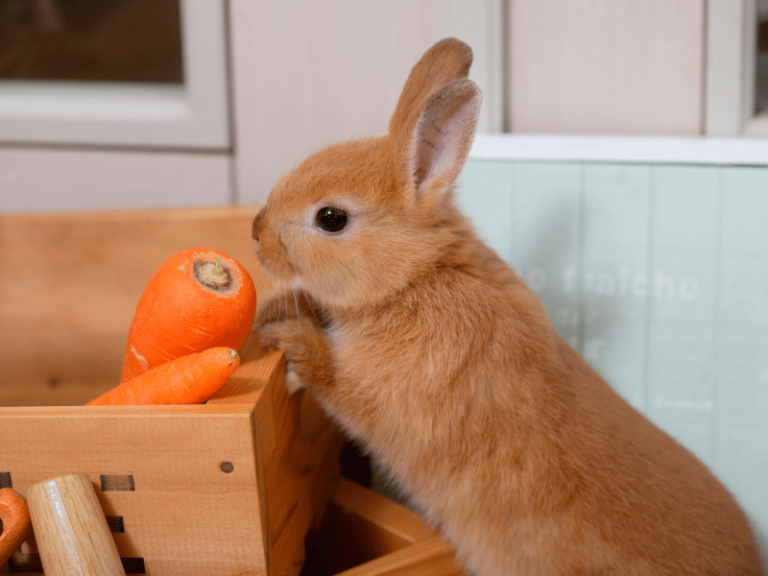Domestic rabbits grow rapidly, have strong reproductive capabilities, and are highly valued for both fur and meat, making them a valuable small livestock.
However, domestic rabbits have delicate digestive systems and are not suited to hot and humid temperatures. Particularly during the rainy season and hot, humid periods, they are prone to gastrointestinal inflammations. Normally, domestic rabbits have a large cecum between the small and large intestines, with a long large intestine that contracts in segments, resulting in their feces often being pellet-shaped. However, eating spoiled or frozen feed, or fermented and spoiled soybean residue, can cause gastrointestinal inflammation. Improper preparation of feed, such as soaking in water for too long, fermentation due to high temperatures, drinking cold water below 12°C in winter, feeding excessively moist or dewy green feed, or feed contaminated with soil and muddy water, can also lead to enteritis. After developing gastrointestinal inflammation, they may no longer excrete pellet-shaped feces but instead have diarrhea.
Additionally, factors like improper changing of bedding in rabbit nests, excessive moisture or cold, and chilling of the abdomen can also frequently cause gastrointestinal inflammation and diarrhea. Especially if acute gastrointestinal inflammation is not promptly treated and progresses to chronic gastritis without proper care, it can lead to digestive disorders and repeated bacterial infections, making it difficult to cure diarrhea symptoms and often resulting in death if left untreated.
When raising domestic rabbits, it’s best to place their cages in a location with ample sunlight but not direct exposure, good air circulation, and dryness. Regular cleaning is essential, with particular attention to hygiene in their diet. Newly born rabbits, in particular, are sensitive to hot and humid weather. During the rainy season, premature weaning or improper feed management can easily lead to digestive tract illnesses, most commonly gastrointestinal inflammation and diarrhea, which are major causes of rabbit mortality.
In such climates, to prevent diseases like gastrointestinal inflammations in domestic rabbits, it’s crucial to frequently change bedding, monitor the dryness of their cages, and provide feed in appropriate quantities and at regular intervals. When feeding grass feed, ensure it’s cleaned of dirt and dried of excess moisture. Regularly ensure they have access to clean water and maintain cleanliness in their feed to prevent gastrointestinal inflammations and death due to diarrhea.

